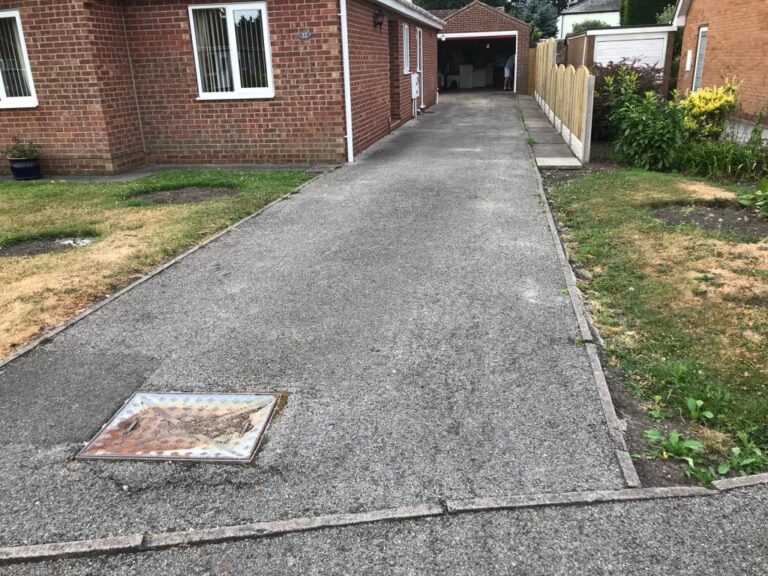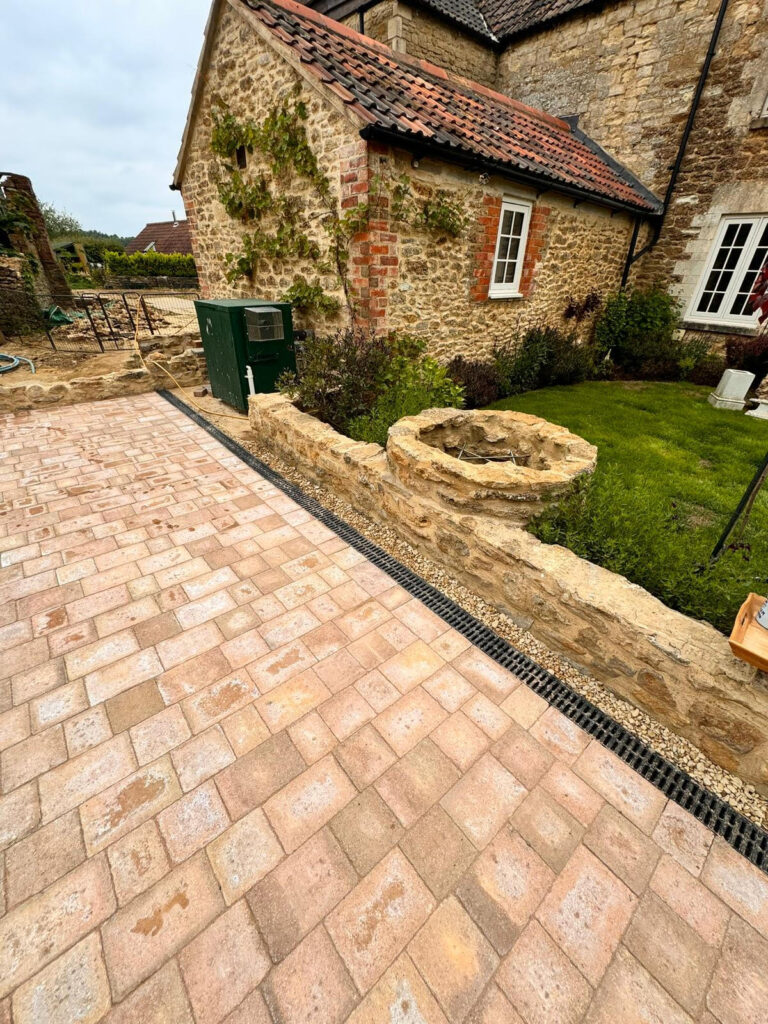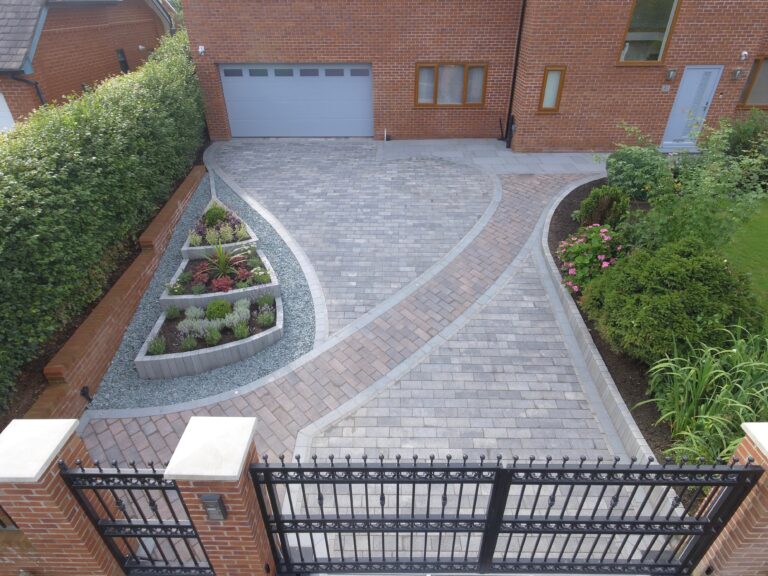Your driveway is constantly exposed to the elements, which means that weather conditions can have a significant impact on its durability, appearance, and overall lifespan.
From extreme temperatures to heavy rain, snow, and sun exposure, your driveway’s materials are subjected to a variety of stressors.
In this article, we’ll explore how different weather conditions can affect your driveway and what you can do to protect it.
Extreme Temperatures
Extreme temperatures, whether high or low, can have a serious impact on the materials used in driveway construction. When exposed to freezing temperatures, materials such as concrete and tarmac can crack due to the expansion and contraction of water within the surface. Similarly, intense heat can cause tarmac to soften or warp, leading to a less durable surface over time.
What to do:
- Seal your driveway: Applying a protective sealant can help prevent water from penetrating the surface and causing cracking during freezing weather. For hot climates, ensure the sealant is UV resistant to protect against sun damage.
- Regular maintenance: Make repairs as soon as cracks appear to prevent them from worsening during extreme weather.
Rain and Water Damage
Heavy rain or frequent exposure to water can lead to water pooling on the surface of your driveway, which can cause erosion, cracks, and staining. This is especially true for non-permeable materials like tarmac and concrete, which don’t allow water to drain through.
What to do:
- Ensure proper drainage: Ensure your driveway has proper grading and drainage solutions, such as French drains or gravel edging, to prevent water from pooling.
- Choose permeable materials: If water drainage is a significant issue, consider switching to permeable paving materials like gravel, block paving, or resin-bound surfaces.
UV Damage and Fading
Sun exposure is another important factor that can affect your driveway. Over time, the sun can cause some materials, particularly tarmac and concrete, to fade or crack, which can make your driveway look worn and neglected.
What to do:
- Apply UV-resistant sealants: To prevent sun damage, apply a UV-resistant sealant that protects the surface from fading and cracking.
- Opt for UV-stable materials: Choose materials that are more resistant to UV exposure, such as resin-bound paving, which offers long-term colour stability.
Snow and Ice
In the winter months, snow and ice can create significant problems for your driveway. When ice forms on the surface, it can cause cracking and damage, particularly if it melts and refreezes multiple times.
What to do:
- Use salt sparingly: While salt is effective for de-icing, it can damage certain driveway materials over time, particularly tarmac and concrete. Use it sparingly and consider alternatives like sand or a gravel mix.
- Install heating solutions: In some cases, you may want to invest in a heated driveway system to melt snow and ice before they become problematic.
The weather can have a significant impact on the appearance and durability of your driveway, but with the right materials, maintenance, and protective measures, you can keep your driveway looking good and functioning well through all seasons.
Be proactive in assessing your driveway’s needs and implementing weather-resistant solutions to ensure it remains in great condition year-round.







